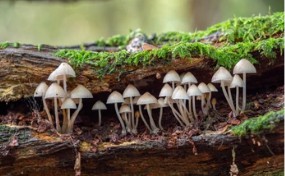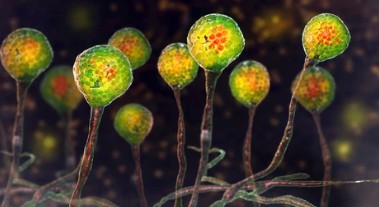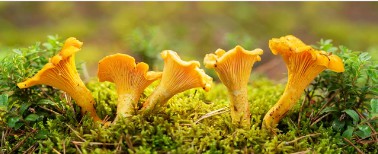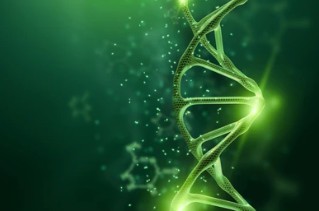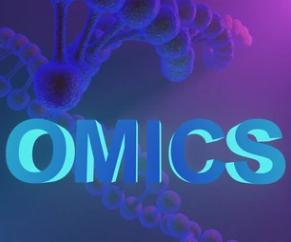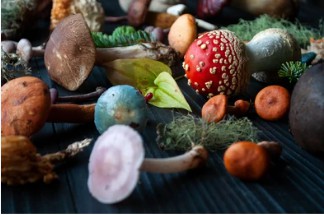
Mushroom biology is the branch of mycology that studies mushrooms. Large fungi with distinctive substrates, usually found in the phylum Stromata and sometimes in the phylum Ascomycetes, are called "mushrooms.” Mushrooms can be fleshy or non-fleshy in texture. They do not belong to plants or animals, but are placed in a kingdom of their own, called the mycorrhizal kingdom. Out of the approximately 16,000 species in the Strettaceae, it is thought that more than 10,000 species produce large enough stretta fruits and suitable textures to be considered possible food sources. And the number of poisonous mushrooms is quite large, about 10%, of which about 30 species are considered lethal. In summary, mushrooms can be edible, inedible, poisonous, or medicinal fungal species.
Services
Fungi are almost ubiquitous. The mushrooms are rather more selective than other fungi in that the size of the fruiting body requires the availability of more nutrients than are required for the production of asexual spores by microfungi. Our experts have extensive experience in many aspects of mushroom biology, including nutritional and medicinal uses, the role of mushrooms in bioremediation, biotechnology, and the biotransformation of waste organic material into forms that can enter the primary nutrient cycle. In addition, we focus on basic science research on mushroom species, emphasizing genetics and breeding.
As a global company focused on mushroom research, Lifeasible offers a comprehensive range of mushroom biology services.
Fungi are a large group with 50,000 species. They include mushrooms, toxigenic fungi, molds, mildews, and yeasts. We can confidently help you identify mushrooms and other fungi by identifying diagnostic features, including the size, color, and shape of the cap and stem; the presence of holes, gills, or teeth on the underside of the cap; etc. In addition, we have a cutting-edge microscope platform to observe the spores.
The phyla Ascomycota and Basidiomycota are the main phyla with fruiting bodies and are considered to mushroom. Identifying mushrooms to species level is very important in basic and applied scientific research, particularly for natural product researchers who use mushrooms as a source of bioactive secondary metabolites. We offer a professional taxonomic identification service of mushroom fungal groups.
Mushrooms contain biologically important compounds such as proteins, nucleic acids, lipids, and carbohydrates. Depending on your mushroom species, we develop customized extraction methods to help you extract the bioactive constituents from your mushrooms. Different solvents are used for different mushroom components.
Little is known about its properties when a mushroom is introduced from the wild into a culture environment until it is tested. Only after the cultivator has gone through all stages of the cultivation process for a strain does a recognizable pattern of characteristics develop. We offer more than 25 characteristics to examine to assess and develop the unique properties of mushroom strains, helping you select the best strain.
Mushroom forming fungi are excellent models for studying fungal development, differentiation, genetic regulation, morphogenesis, and evolution. Although mushrooms have been used as food and medicine for thousands of years, little is known about their genetics. We have cutting-edge molecular genetic techniques to provide a more in-depth and comprehensive analysis of mushroom gene regulation, genetic structure, development, and evolution.
The low yield of mushrooms greatly limits their utilization in commercial and clinical trials. We are developing new strategies to improve their production. Based on developing cutting-edge technologies such as gene sequencing and phenotyping, we provide multi-omics data on mushrooms such as genomics, phenomics, and metabolomics to promote the development of "data-driven" mushroom genetics, breeding, and cultivation.
Our mushroom biology services can provide new ideas for mushroom classification, germplasm resource evaluation, breeding, gene function research, and cultivation. For more information or to discuss in detail, please contact us.
For research or industrial raw materials, not for personal medical use!



